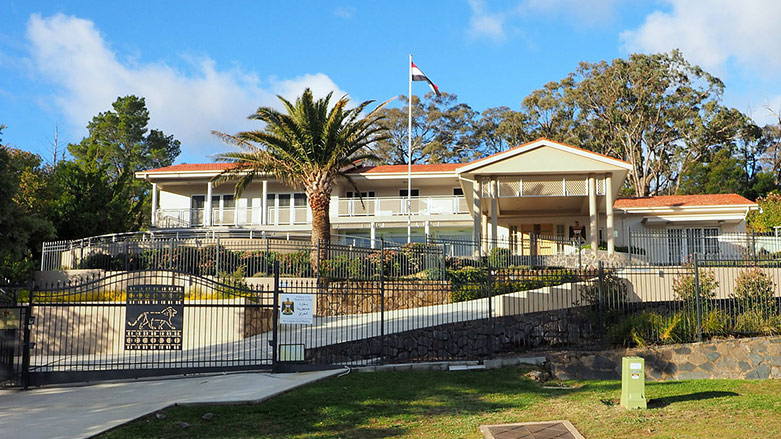Iraqi diplomat who exploited nanny in Australia fined $20,000

ERBIL (Kurdistan 24) – An Iraqi diplomat has drawn strong criticism in Australia for docking over 200 dollars of her live-in nanny’s pay over a bottle of shampoo, and was fined $20,000 for underpaying and unfairly dismissing the Filipino domestic worker.
According to Australian news outlets, the Fair Work Commission in Sydney described Consul-General of Iraq to Australia Anwar Alesi’s treatment of her nanny as “disgraceful” and “morally repugnant.”
Juliet Buenaobra was brought to Australia in 2015 on a temporary work visa by the Iraqi diplomat. She was reportedly promised $1750 a month but was paid as little as $800 in cash. In the case, it was discovered that Buenaobra’s salary was deducted every month for expenses such as “board and lodging” – despite having to share a room with the two sons – “incidentals allowance” and “full medical insurance” that was never provided.
The case was raised with Australian authorities after Buenaobra was fired in November 2017 after raising her pay and conditions with the Iraqi Consul-General’s husband, Ammar Salman.
According to the Commissioner, Donna McKenna, in an audio recording, the Filipino nanny was “met with intimidation, shouting” after expressing her concerns and the Iraqi diplomats attempted to make her sign “an agreement concerning further deductions from her wages.”
Shortly after, Buenaobra was dismissed because of her “misconduct” with Alesi’s family and the Filipino national was forced to stay with the family of a friend.
The Iraqi Consulate-General attempted to have Buenaobra’s visa cancelled, claiming she “left to an unknown place and we lost communication with her.”
The Fair Work Commission this week ordered Ms. Alesi to repay the maximum possible penalty of 26 weeks’ wages, calculated to be $20,000.
“The dismissal was harsh and unjust and unreasonable,” Ms McKenna said. “I consider the circumstances of the dismissal of the applicant were also morally repugnant.”
“Hand-in-hand with that unfair dismissal, the respondent then moved promptly to try to ensure her visa was cancelled with the likely aim of ensuring the applicant also would have to leave Australia or be deported before any claim or claims might be initiated,” she said.
The Iraqi diplomat was also unable to claim diplomatic immunity from the proceedings and attempted to keep the affair confidential, stating she held concern that the relationship between the Iraqi Government and Australian Government is “very delicate” and that if the evidence became public it “may affect the relationship between the two countries.”
Since the case has garnered attention, there are concerns other diplomatic missions are violating Australian labour laws.
Cases of domestic workers being abused, working under poor conditions, or treated unfairly are not uncommon in Iraq, as many travel from poorer countries to the oil-rich nation to support their families back home.
